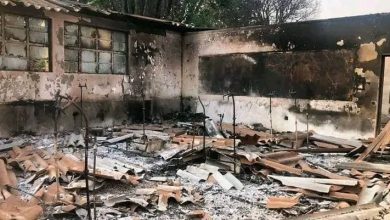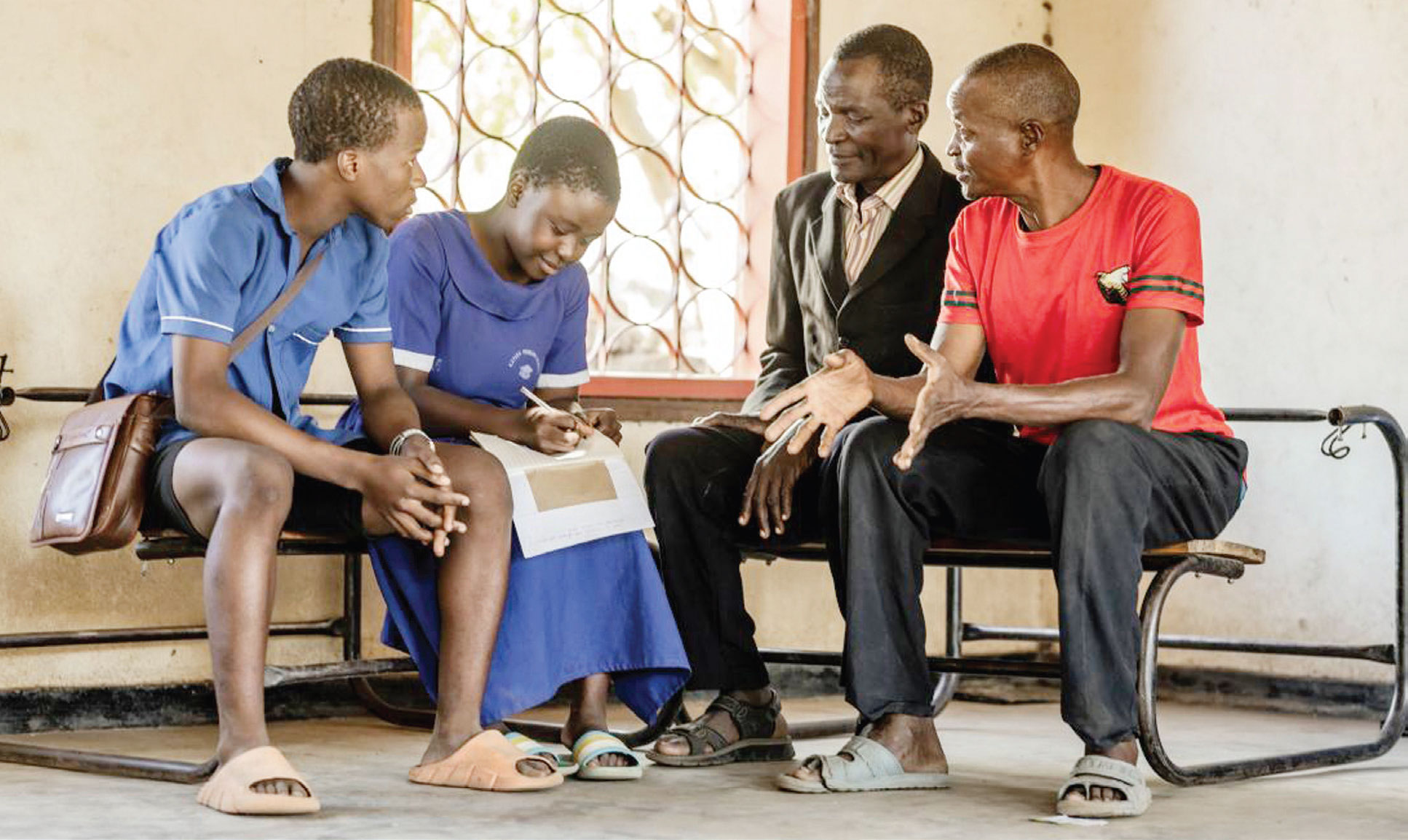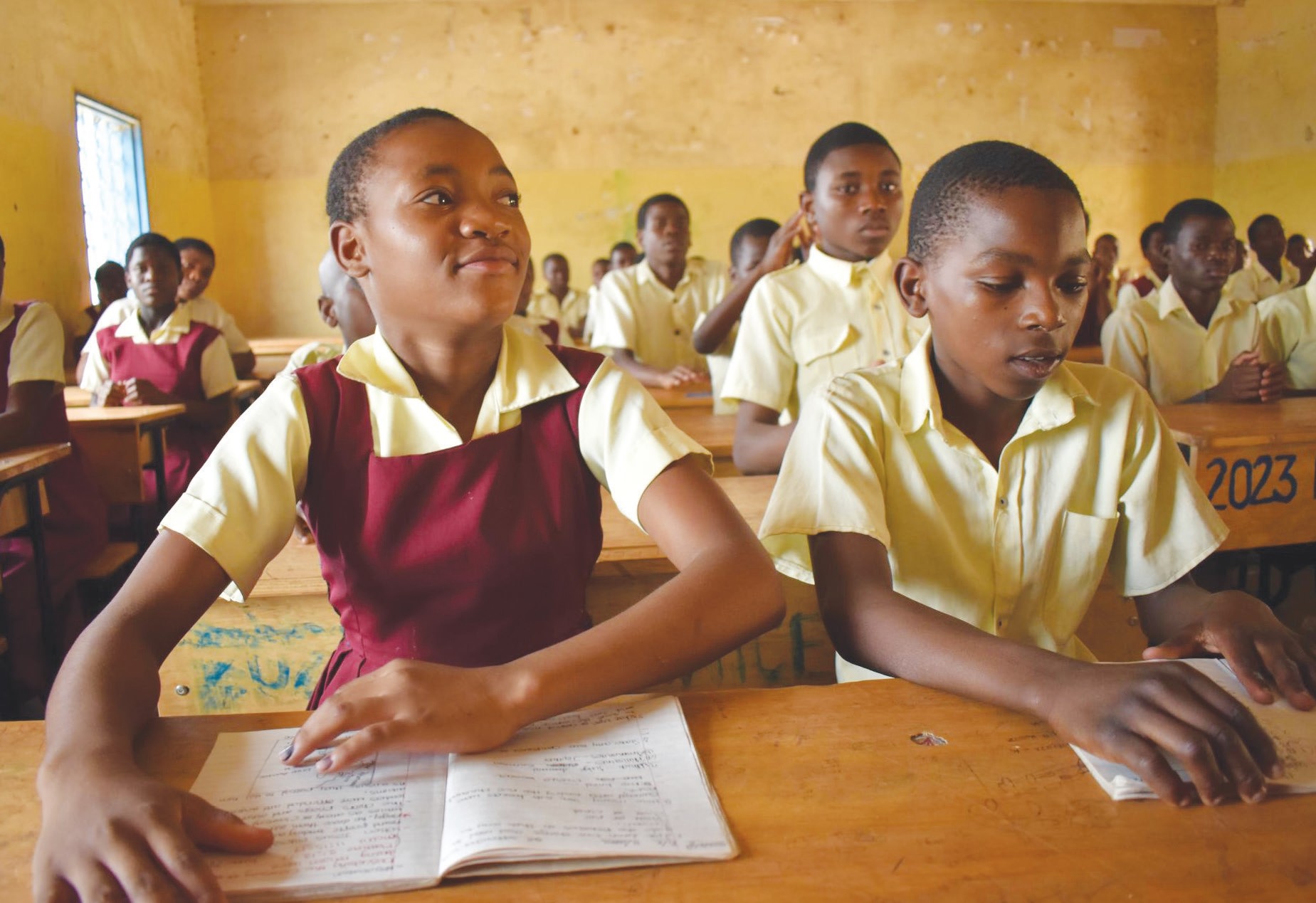University calendar makes students future bleak
SAMUEL CHIBAYA
Surely, it never rains but pours for Chancellor College (Chanco) in Zomba, where academic crises seem to have found fertile ground.
After Jessie Kabwila-Kapasula led a successful battle for academic freedom at Chanco, another crisis is born.
The only difference with this new crisis is that there is no public outcry. Is it that people are tired of a litany of crises punching this little nation left, right and centre?
The college announced that all first year students were supposed to report to the college in May this year, but a few days close to the date, the college issued a bombshell of notice.
In an April press statement titled “Postponement of arrival of 2011 intake of first year students” the college said: “Chancellor College, a constituent college of the University of Malawi, wishes to inform first year students selected in 2011 and the general public that the opening date for the 2012 academic year has been postponed from 1st May, 2012 to a later date due to logistical issues which are yet to be finalised.
“Once the opening date is known, it will be communicated at the earliest opportunity. College management regrets for the obvious inconveniencies caused.”
A Lilongwe-based mature entry student who pleaded for anonymity, expressed anger over the costly decision, describing it as unfortunate. She said she wished President Joyce Banda, who is Chancellor of the University of Malawi, intervened.
“We have already missed classes for two years, and, now they tell us not to come? What is our future?” said the woman.
She painfully remembers how, because of inadequate accommodation at the campus, she was forced to find private accommodation outside Chirunga campus.
“For example, I already paid K15 000 for a house for the month of April and yet I did not occupy it because the college did not open. Worse still, the landlord has refused to refund my money.
“This is not good at all, especially considering that the college has not told us the reasons for the postponement, apart from just saying it is due to logistical problems,” she said.
Even male students are affected heavily, their brain has not been active with academic issues for the last two years, but they alsodo not know when they are going to college.
The students are also worried that the postponement is coming at a time they had already waited for over a year for the college to open.
Mostly, prospective students are worried that the trend, if unchecked, might have far-reaching consequences as it could lead to substandard quality of university education. The affected students feel that government is not doing enough to avert the situation.
Another student said: “It is unbelievable that government would allow three university cohorts to wait for the same spaces. This is a disservice to the nation.”
Civil Society Education Coalition (CSEC), a non-governmental organisation which advocates for quality education, is not amused.
“The postponement demonstrates the insensitivity of management’s decision to the learners and guardians. I believe it is unfair for management to hide behind the so-called ‘logical challenges’ in determining the postponement,” says CSEC executive director Benedicto Kondowe.
He said since the opening postponement was announced, his office has received numerous complaints from affected prospective students, parents and guardians.
“I would have expected management to come out clear as to what the real issues are. Failure to do so undermines the right of the prospective learners and their guardians to information. This is further a deterrent to sound decision making as to whether to find alternative education for their guardians,” he adds.
Kondowe suggests that, considering that two more cohorts are in the waiting, the university office and government could have engaged stakeholders in the sector to find lasting solutions to the problem.
“I am raising this issue against the backdrop that the University Office and government seem to be always taken by surprise yet the problem of inadequate learning space, library and accommodation has been there for years,” he added,
“This is not only poor management but also irresponsive strategic thinking on the part of policy makers.”
Kondowe says CSEC is documenting information on the matter which, he says, has the potential to influence the prospective learners to indulge in delinquent behaviour.
“In addition, it makes girls prone to pregnancies at a time that they are finally called to college. More so, the situation overburdens parents economically as they are forced to spend on them at a time that they are supposed to be in college,” he says.
He adds that in the absence of alternative opportunities, the decision is mostly affecting poor students whose parents cannot afford to send them to other universities.
Above all, Kondowe says the situation has the potential to make prospective students lose interest in education as they are not certain as to when they would go to college, and this can affect their performance once in college.
“Indefinite postponements also defeat the necessity of timely education,” added Kondowe.





